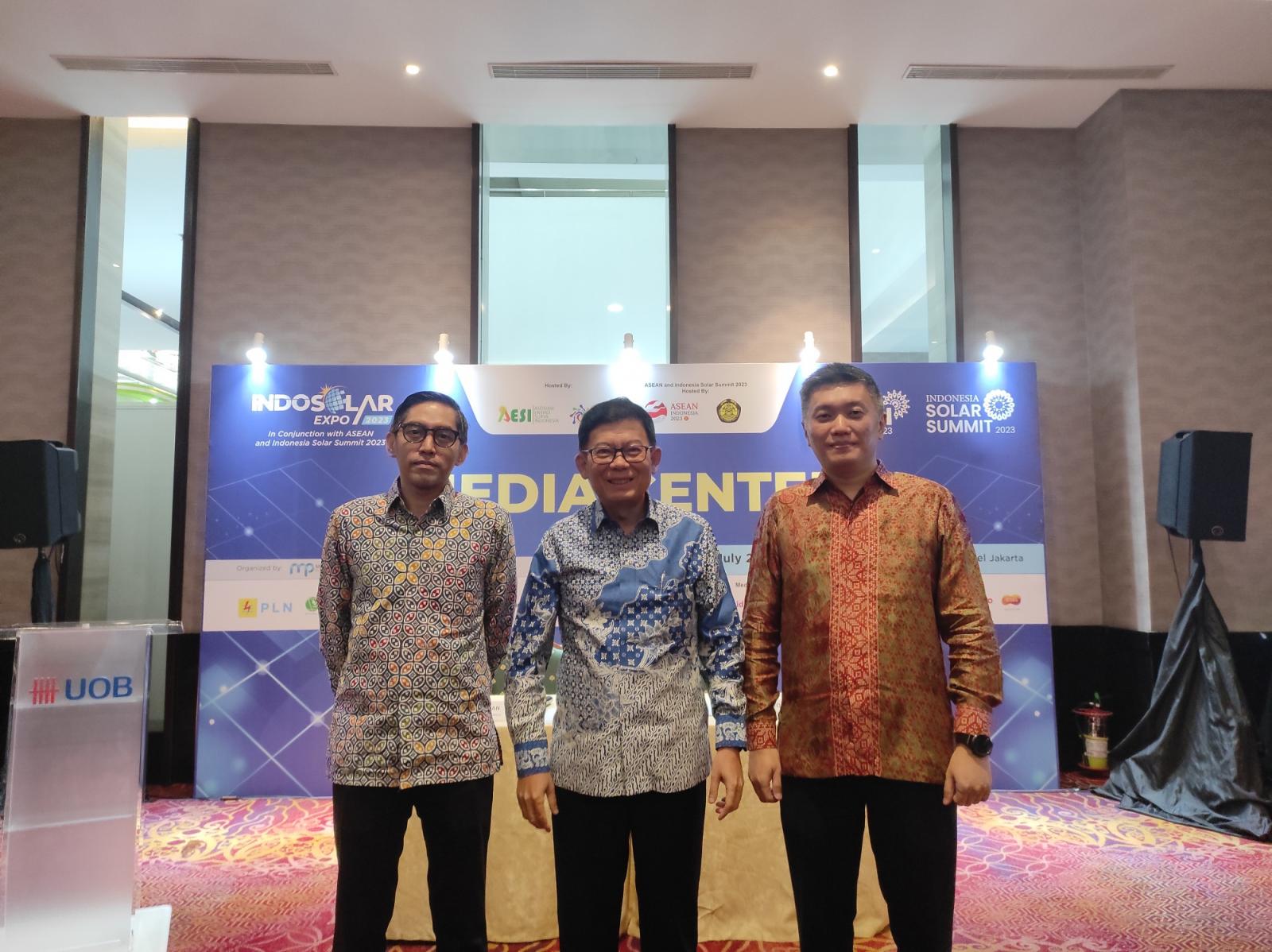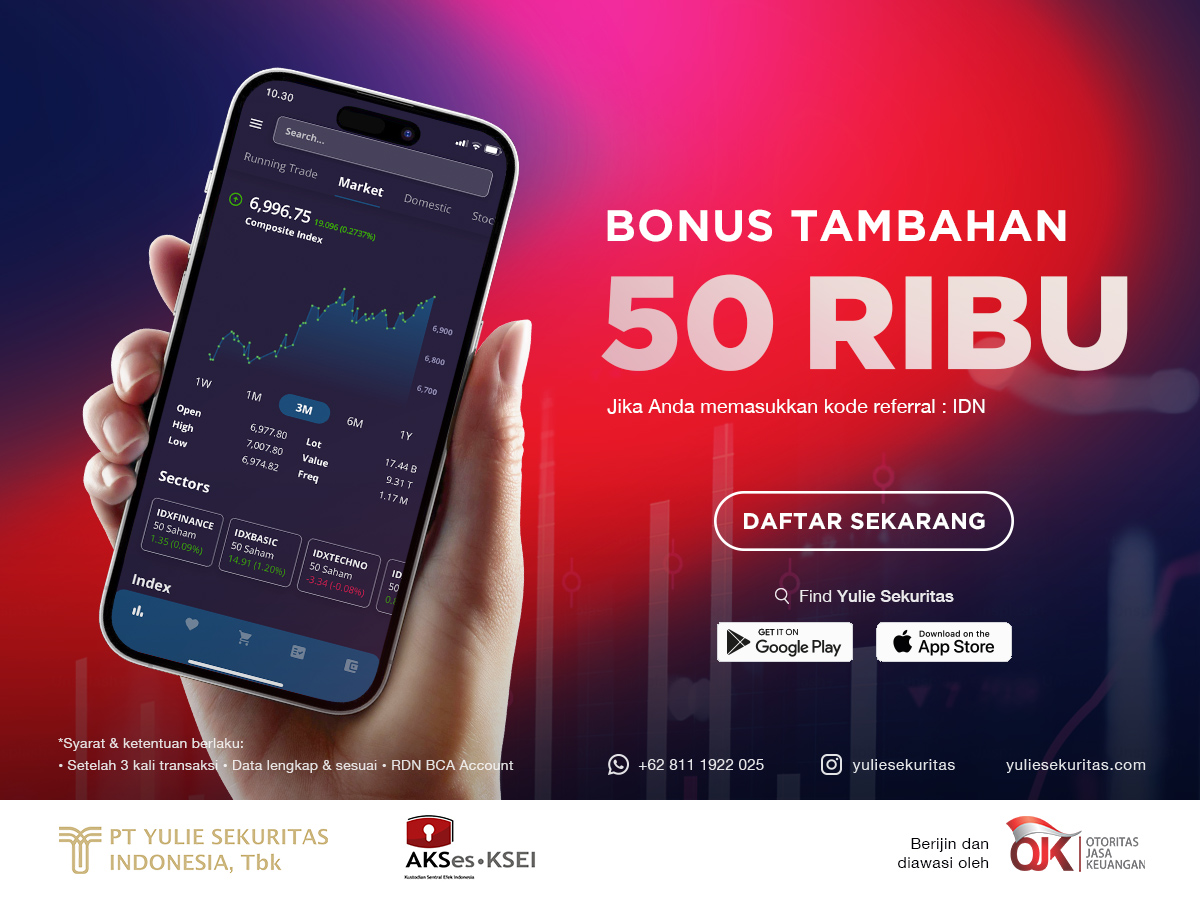Kicking off U-Solar 2.0, UOB Indonesia asks for government’s cooperation

JAKARTA – PT Bank UOB Indonesia introduces U-Solar 2.0 program, which is projected to be the catalyst in solar energy utilisation, for both corporate and individual users. However, UOB also highlights the need for policies that will make new and renewable energy resources more appealing for the masses.
The U-Solar program was initiated by UOB Group in 2019 in various Southeast Asian countries, including Indonesia, Malaysia, Singapore, and Thailand. “As of now, the government has set a clear mix-energy target. [The form of energy] easily cultivated in all kinds of terrains is solar. Thus, with such a great land area and high population, we [Indonesia] must have huge prospects,” Susanto Lukman, Executive Director of Wholesale Banking of UOB Indonesia, explained during the press conference of the launch of U-Solar 2.0 in Jakarta today (25/7).
“If we compare us with other countries, one of the more advanced countries is Malaysia. However, when we install U-Solar [in Indonesia], if there was any excess energy, we can no longer sell those to PLN,” added Harapman Kasan, Director of Wholesale Banking of UOB Indonesia.
According to Kasan, the main challenge of new and renewable energy transition is the high cost, even more so when considering many policies that support the popularity of fossil fuel, such as coals and natural gas.
“The one thing that becomes vital is the role of the policymakers. If we want to push this initiative forward, there should be incentives, be it lower electricity tariffs or usable excess energy. Thus, this economic scale has become the challenge to be able to provide incentives to end-users, making it attractive,” Kasan added.
In addition to the government’s policy, through PLN and the Ministry of Energy and Mineral Resources, Kasan also highlights the responsibility of developed countries to assist Indonesia and other developing countries to attain sustainability, especially after extensive discussion regarding said topic and net zero emission during the last G-20 event. (ZH)

